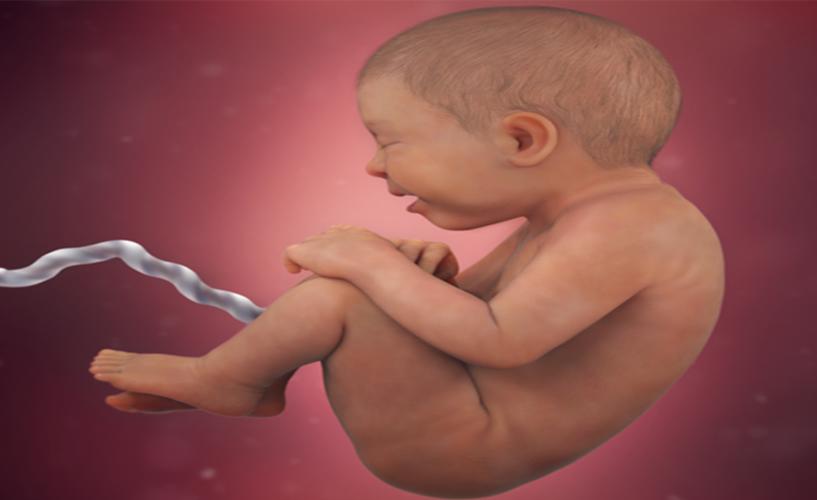36 Weeks Pregnant: Important Information for Mom and Baby
Welcome to the 36th week of pregnancy! As you approach your due date, significant changes occur in both your body and your baby’s development. In this article, you’ll find what to expect this week, potential symptoms, and important tips on what to watch out for.

Your Baby's Development
At 36 weeks, your baby is approximately 47-49 cm long and weighs about 2.7-2.9 kilograms. Your baby’s organs are almost fully developed, though the lungs continue to mature until just before birth.
The vernix caseosa (a protective white coating) on your baby’s skin thickens, helping protect the skin after birth. Brain development continues rapidly, and your baby now accumulates more fat, which will help keep them warm after birth. Your baby’s head may move down into your pelvis, indicating that they are getting ready for birth.
Changes in the Mother's Body
During the 36th week, your body makes final preparations for childbirth. Here are some common symptoms you might experience:
- Shortness of Breath: As your baby grows, your expanding uterus may press against your diaphragm, making it harder to breathe. This pressure might ease as your baby moves down into the pelvis.
- Braxton Hicks Contractions: These irregular, often painless contractions are your body’s way of preparing for labor. If the contractions become regular and intense, contact your healthcare provider.
- Back Pain: The pressure from your growing uterus on your spine can lead to lower back pain. Warm baths and gentle exercises may help alleviate this discomfort.
- Pelvic Pressure: As your baby’s head moves down, you might feel increased pressure in your pelvis. This is a sign that labor is approaching.
Things to Watch Out For
As you enter the final weeks of pregnancy, it's time to prepare both physically and mentally for childbirth. Here are some key points to consider during the 36th week:
- Prepare Your Hospital Bag: With labor possibly beginning at any time, now is the perfect time to pack your hospital bag. Make sure to include essential documents, comfortable clothing, and necessities for the baby.
- Monitor Labor Signs: Keep an eye out for signs that labor has started, such as regular contractions, water breaking, or an increase in vaginal discharge. If you notice any of these signs, contact your healthcare provider immediately.
- Continue Healthy Eating: Maintain a balanced diet rich in fiber and stay hydrated. Proper nutrition will help ensure your body has the energy needed for labor.
- Maintain Emotional Balance: As excitement and anxiety increase, try managing stress through yoga, meditation, or other relaxing activities.
Possible Complications
At 36 weeks, it’s important to carefully monitor changes in your body as complications can arise. Here are some potential issues you might face:
- Risk of Preterm Labor: Regular contractions, lower back pain, pelvic pressure, or water breaking could indicate preterm labor. If you experience any of these symptoms, contact your doctor immediately.
- Preeclampsia: This condition, characterized by high blood pressure and protein in the urine, poses serious risks for both mother and baby. Seek medical attention immediately if you experience severe headaches, vision problems, or upper abdominal pain.
General Advice
The 36th week is an ideal time to review your birth plan and finalize preparations. Stay calm and look forward to the special moment when you finally get to hold your baby in your arms. Remember, there’s not much longer to go now!




